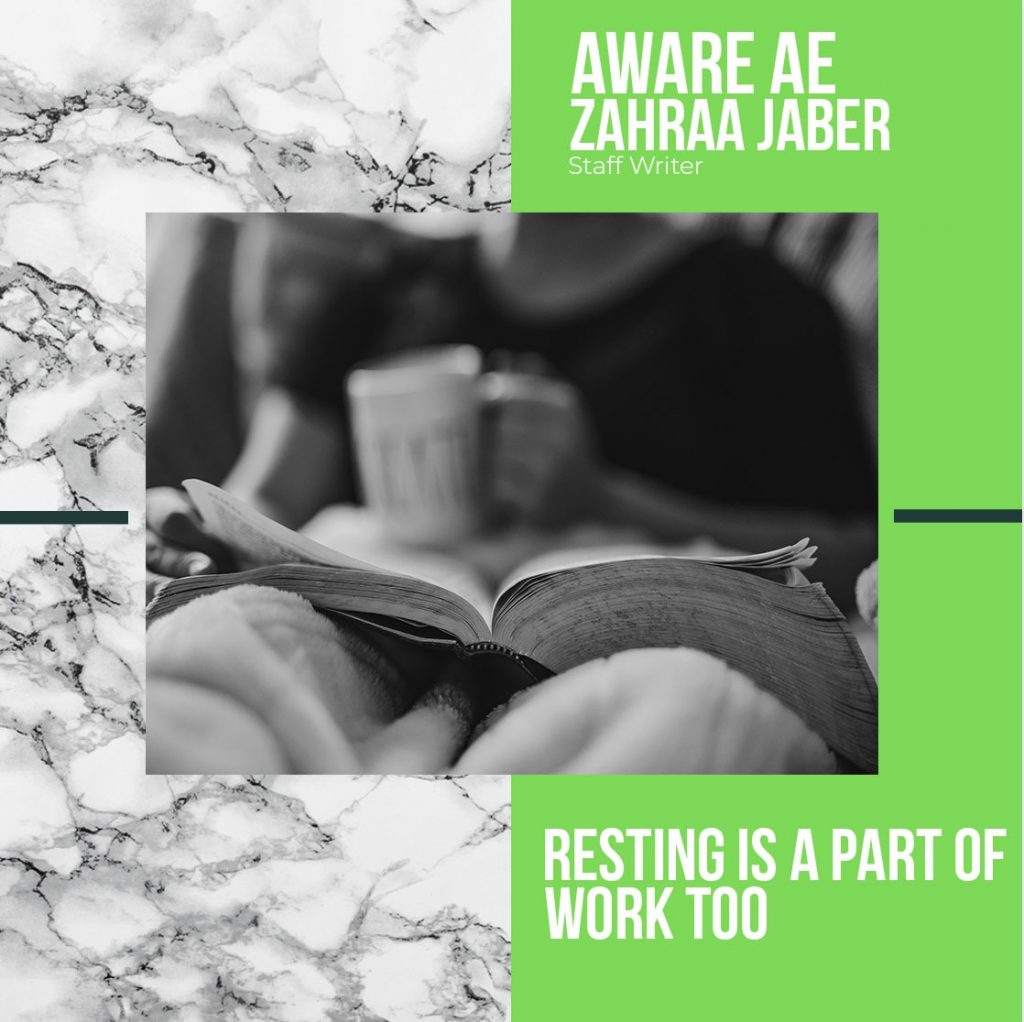Nowadays, many people tend to bring up the old saying of, “work hard, play hard,” not knowing that it completely disregards the fact that rest is an extremely essential factor of that equation. Work hard, play hard – but relax even harder.
Lack of Rest May Lead to a Burnout
Work does not necessarily have to be a job that a person attends, but rather can also be anything that requires a person to put in their effort and time into. With so many of us dealing with a growing workload, the risk of a burnout increases as well. Consequently, that makes us easily forget the prominence of the rest that we know we need. Burnout is an official medical diagnosis that the World Health Organization recently added to the International Classification of Diseases. It is defined as a ” state of emotional, physical, and mental exhaustion caused by excessive and prolonged stress” and occurs when a person feels emotionally exhausted, overwhelmed, and unable to meet demanded expectations. As this stress continues, the person begins to lose enthusiasm for whatever they were doing. In return, that reduces productivity, which leaves the person feeling progressively worn-out, helpless, and pessimistic. Some harmful effects of a burnout can be physical as it may cause headaches, sleep issues such as insomnia, and an increased heart rate and blood pressure, which may lead to a heart attack. With that being said, we must truly understand the significance of resting.
The Importance of Resting
There is a common misconception that rest is counterproductive. However, rest is not about a person being lazy or avoiding work, rather it is a paramount and indispensable aspect that plays a great role in our health and wellbeing. While many people may desperately need the rest, they do not take it because they feel like they could spend that time doing something more productive. Working too much and for a long period of time without taking breaks can fatigue your brain, reduce your ability to concentrate, and damper your emotional capacity. In contrast, taking short breaks habitually will allow your brain to replenish itself so that you are able to make attentive and well-informed decisions. Rest is extremely essential for advancing your motivation, processing new information better, problem-solving, and upholding the ability to concentrate. Rest has also been shown to improve cardiovascular health while lowering blood pressure. Increasing the time you spend resting is vital for increasing your efficiency at work.
How to Rest Efficiently
If you want to help yourself become more productive and happier in your life, you must view resting as an obligation and as a part of work, too. First and foremost, sleeping is the best way to regain the energy you need throughout the day. Disconnecting from social media and electronics before going to sleep improves the quality of your sleep. Also, taking short breaks often during the day can be tremendously advantageous for your work. For a break to be fruitful, you have to completely disconnect from everything surrounding you. Every break a person takes reactivates their energy. Exercising can be an effective aspect of resting, too. Walking is one of the many simple ways we can facilitate creative thinking as it inspires our minds to wander and think. Also, meditation physically fortifies and stabilizes the brain, which helps them gain more control over their emotions and stops the brain from tiring out nearly as fast and as much. Furthermore, simple things such as going for coffee, chatting with friends, or merely spending some time by yourself are ways of resting that will truly benefit you in the long run.
While many people may feel guilty for or uncomfortable with taking some time off for themselves, we must understand that de-prioritizing rest may lead to a damaging burnout. Resting hard is as important as working hard.
